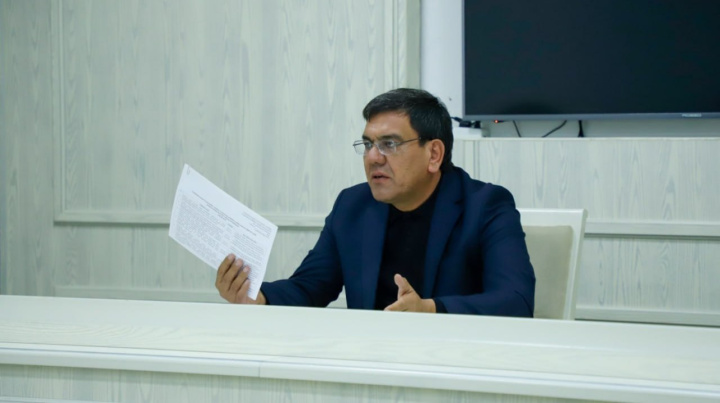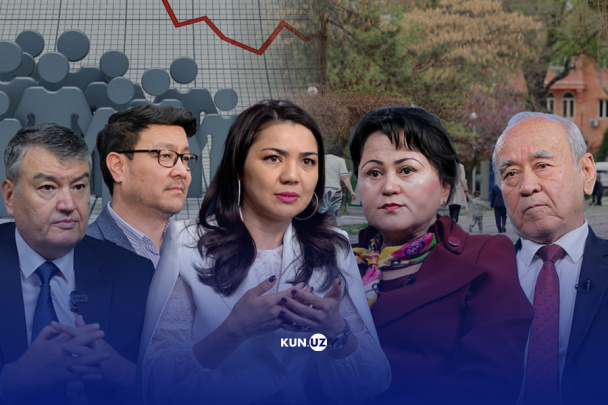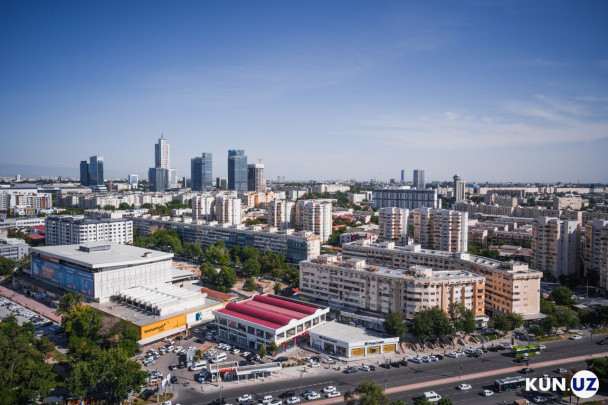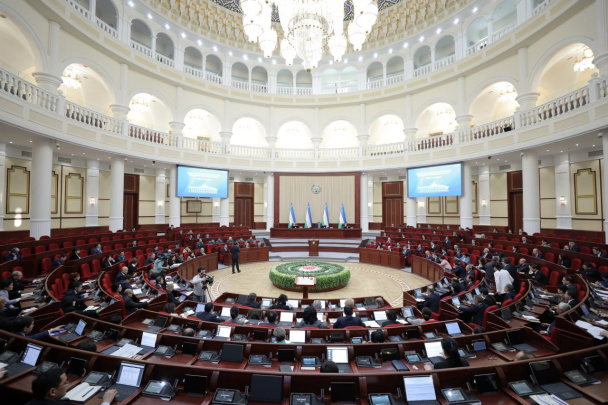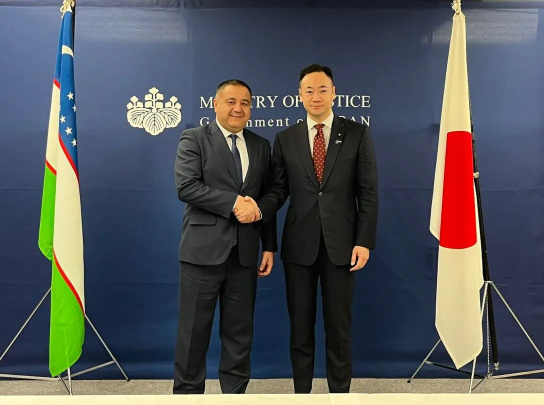Nurmuratov acknowledged the risks associated with dependency on a single supplier, such as Russia, noting that disruptions in logistics or other supply chain issues could directly affect prices in Uzbekistan. “Relying on a single source does pose certain risks, as any logistical disruptions from that source can impact our domestic prices. This is something we are actively considering,” he stated, adding that the Central Bank has shared its views with the government on managing these risks as import parameters are set.
The impact of rising energy prices on inflation has been a key focus for the Central Bank. While the bank initially projected a 4.2% inflation increase from energy prices in May, the actual impact was slightly lower at 3.9%. Looking ahead to 2025, energy price hikes are expected to add an estimated 1.5-1.8 percentage points to overall inflation.
Nurmuratov underlined that the most crucial factor is the cost at which these resources are acquired and how that translates to pricing in Uzbekistan’s domestic market. He stated, “It is essential for us to assess the entry price of these imports and the pricing structure in our market. Dependency on a single supplier, indeed, brings certain risks that we have taken into account.”
Earlier, it was reported that remittances to Uzbekistan reached $11.3 billion over the first nine months of this year, a 34.8% increase compared to the same period last year, highlighting a significant contribution of foreign currency inflows to the country’s economy.

